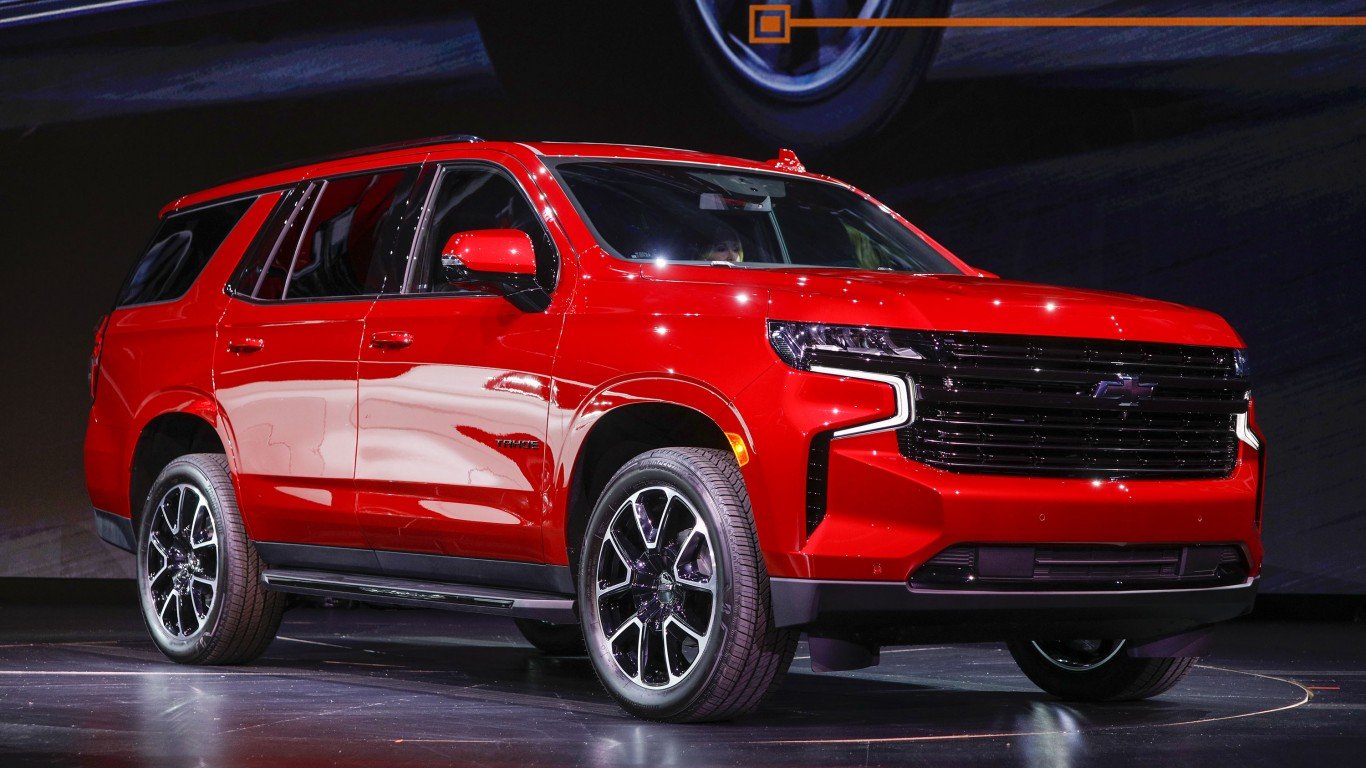

At one minute before midnight Sunday, nearly 50,000 members of the United Auto Workers (UAW) union went on strike against General Motors Co. (NYSE: GM), the first time in a dozen years that the union has initiated a strike against GM.
The UAW seeks higher wages, added health care benefits, profit sharing and added job security. The company reportedly wants union members to pay a greater share of their health care costs and to increase productivity and flexibility in auto plants.
The union’s contracts with the so-called Detroit Three — GM, Ford Motor Co. (NYSE: F) and Fiat Chrysler Automobiles N.V. (NYSE: FCAU) — expired at the same time, but neither Ford nor FCA has been targeted by a strike as negotiations continue with the companies.
In a statement released Sunday, GM said it had offered the union more than $7 billion in investments and more than 5,400 jobs, including two facilities in Michigan and Ohio that have been idled. The company’s offer also included a bonus payment of $8,000 upon ratification of a new contract, wage or lump sum increases in each of the four years of a new contract, and a better profit-sharing deal.
Union Vice President Terry Dittes said, “Had we received this proposal earlier in the process, it may have been possible to reach a tentative agreement and avoid a strike.”
Automotive News cites an unnamed source who said GM’s offer included a plan to manufacture electric pickup trucks at the Detroit-Hamtramck assembly plant that had been scheduled to shut down and to build battery cells in Lordstown, Ohio. GM announced in December that it was shutting down both plants, along with three others, including a plant in Oshawa, Ontario.
Following a protracted struggle with Canada’s Unifor labor union, GM agreed in May to keep about 300 of 2,600 jobs at the Oshawa location by creating an aftermarket operation at the site.
President Trump, of course, weighed in on Twitter:
Here we go again with General Motors and the United Auto Workers. Get together and make a deal!
— Donald J. Trump (@realDonaldTrump) September 15, 2019
The president had a private meeting earlier this month with GM CEO Mary Barra. Trump had criticized GM’s plan to close four U.S. plants, saying that the company’s plants in China were the reason for the closures. Trump’s claim is inaccurate: GM plants in China build cars for sale in China. Only the Buick Envision is exported in any quantity to the United States. Last year, just 30,000 of the sport utility vehicles were sold in the United States, about 1% of GM’s total U.S. sales.
The UAW and GM are scheduled to resume negotiations Monday. GM has built its inventory and had a 77-day supply of new vehicles in stock, according to Cox Automotive. That’s more than two weeks more than the industry average of 61 days of inventory.
The rapid continuation of negotiations may bode well for a quick resolution to the strike, but GM has got a stockpile of new vehicles that could help it hold out for some weeks before the pinch really starts.
Investors had shaved about 2.2% from GM’s share price in Monday’s premarket. The stock traded at $38.00, in a 52-week range of $30.56 to $41.90. The 12-month consensus price target is $48.17.
Sponsored: Find a Qualified Financial Advisor
Finding a qualified financial advisor doesn’t have to be hard. SmartAsset’s free tool matches you with up to 3 fiduciary financial advisors in your area in 5 minutes. Each advisor has been vetted by SmartAsset and is held to a fiduciary standard to act in your best interests. If you’re ready to be matched with local advisors that can help you achieve your financial goals, get started now.
Thank you for reading! Have some feedback for us?
Contact the 24/7 Wall St. editorial team.



